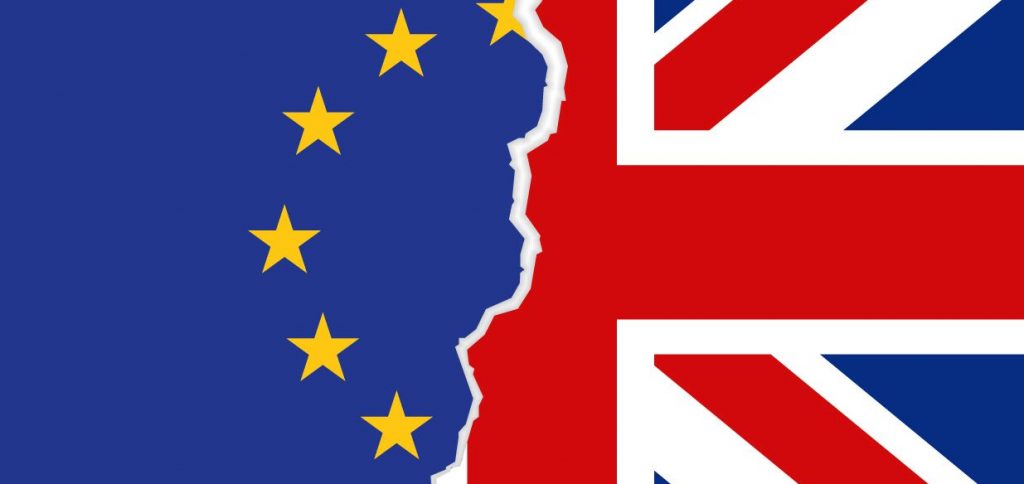The future of the dairy industry: A harder Brexit than expected is in the cards

Brexit is set to affect all economic sectors, and the dairy industry is no exception, as the UK’s exit from the EU will likely have a major impact. That is, unless those at the negotiating table begin to show signs of levelheadedness. However, at this stage that’s likely wishful thinking. After all, the EU is intent on setting a precedent to deter any other Member States from even entertaining the idea of leaving the EU.
Consequences for the dairy industry: Brexit could be worse than the Russian embargo
The fallout resulting from a hard Brexit could be much worse for the dairy industry than the effects of Russia’s embargo on importation of European food products in 2013. The EU had sold approx. 260,000 tons of cheese to Russia annually. However, in 2016, cheese exports from continental EU countries to the UK totaled 466,000 tons, in addition to 350,000 tons of yogurt products. According to calculations drawn up by the European Dairy Association (EDA), the EU 27’s milk and cheese exports to the UK amount to a whopping 3.9 million tons of milk. That figure is equivalent to Austria’s total annual milk production. While European dairies and cheese dairies managed to relatively quickly reroute their goods to other markets following the Russian embargo, this will hardly be possible from 2019 onwards, when the UK is expected to leave the EU.
Serious market turbulence on the horizon
As a result, serious market turbulence is threatening to set in. However, this would by no means affect just farmers and dairy companies on the continent, but also the British people. As a whole, the UK doesn’t actually produce enough milk and cheese to meet its own demands. This gap has traditionally always been filled with imports. After Brexit, it will become more difficult for Brits to make up the difference unless they decide to replace specialist European produce with commodities from New Zealand and the US. What’s more, the WTO predicts that if the EU and the UK don’t reach an agreement, imports of certain products originating from the EU could be slapped with huge customs duties. According to estimates by the EDA, the additional expenditure per capita for the UK will be 18 euros annually if consumers there want to continue enjoying EU dairy products. It is clear that when push comes to shove, there will hardly be any EU goods on the shelves for consumers to buy come mid-2019, given the UK’s relatively low average earnings.
Brexit is leaving many questions wide open
There is also no certainty at the moment as to whether there can even be any movement of food products between the EU and the UK come 2019. This would require a mutual agreement on certain standards, and no such arrangements would be in place in the case of a hard Brexit. There are also further problems from a legal perspective. Companies in continental Europe would have to have their trademarks, utility models and much more completely re-protected in the UK, since the support framework for the common organization of the market and legal system would no longer exist.
And then there’s the whole Ireland/Northern Ireland border-control issue, which is still completely up in the air – a hard Brexit would create a situation reminiscent of the former internal borders within Germany.
Overall, Brexit looks like a Gordian Knot where the deeper into it you go, the worse things seem to get. It will be almost impossible for both sides – the UK and the EU – to negotiate any sustainable arrangements even during the two-year transition period starting in 2019. Unfortunately, the dairy industry is in an extremely precarious situation given how hugely important the UK market is. Terrible market turbulence is threatening to set in if the UK government and the EU don’t reach any agreements in good time for the sake of consumers and the economy at large.
